School bells have started to ring again and children of all ages are gathering their books and beginning their classes. Many of us can probably remember the excitement that came with the first day of school every year—anxious to see friends, participate in sports and clubs, and the anticipation of what the new year will bring.
But for many children living in developing countries, attending school seems like an unattainable goal. In fact, millions simply do not have access to schools while others cannot afford the fees or the required uniforms to attend. Education is something we receive so freely in the United States, but for too many children around the world, it is a privilege they can only dream about.
In third-world countries, the reality is that education can change the course of a child’s life. Ultimately, an education has the potential to break the cycle of poverty they were born into while providing them with opportunities they never thought possible. Education equips them with the knowledge and skills necessary for brighter futures . . . keeps them safe and away from typical street life . . . and restores dignity and hope.
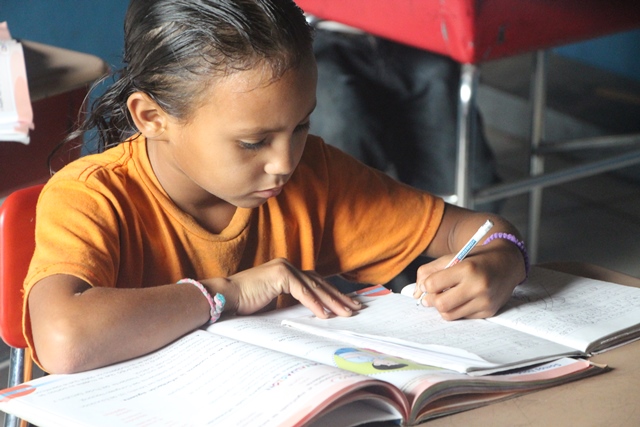
Education reduces time on the streets.
Too many children in developing countries are being raised by the streets. This lifestyle is full of danger, crime, begging, and sexual exploitation. It is a life defined by poverty and hopelessness—one that seems impossible to overcome.
In India, 20 percent of children ages 6 to 14 are not enrolled in school. Many are unable to attend school due to gender and the traditional caste system that dictates their lives. These factors keep children from having equal opportunities. And with a high percentage of children not attending school, India is reported to have the largest number of young children working manual labor jobs—an estimated 12.6 million are involved in dangerous and harmful occupations.
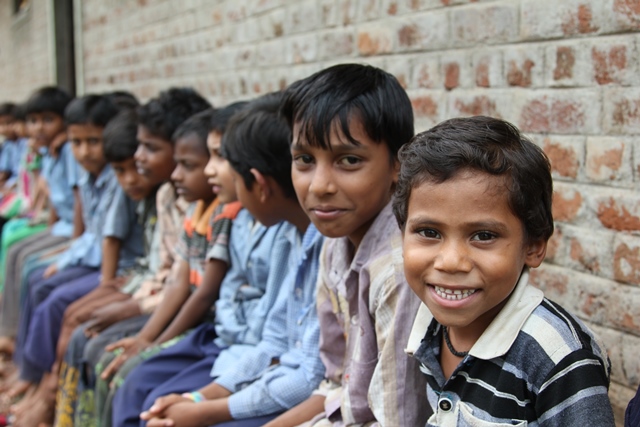
Numerous African countries, like Uganda, find that a large number of children are not enrolled in school due to the continuous fight against the Lord’s Resistance Army (LRA). Children living on the streets and unable to attend school face the constant fear that they will be abducted and forced to join the LRA—25,000 have already been abducted since 1986.
Peru has 3.8 million people living in harsh, impoverished conditions and 2.1 million of them are children. These children are accustomed to life on the streets and the majority lack access or funding to attend school.
These statistics are overwhelming, but they are reality. Without access to education, children are living in dangerous conditions and unable to overcome their own situations. But education can offer these children another way of life—one full of learning new skills and subjects that will equip them with the means to secure a more promising future.
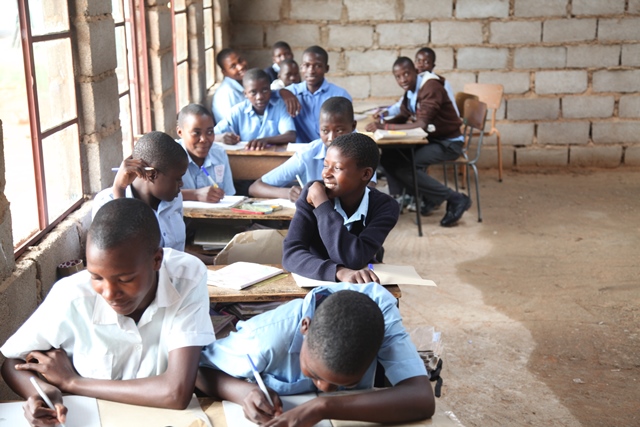
Education restores hope and dignity.
In impoverished countries worldwide, the cultures and social classes in each country determine the lifestyle for so many families. For example, those who suffer from leprosy in India are considered outcasts and are forced to live in secluded colonies outside of the city, separated from society. They are looked down upon as part of the lowest caste in the traditional Indian caste system. These families are left without dignity and are completely hopeless. Without an education, their only means of survival is through begging, manual labor, or small-scale farming. Any hope parents have to provide a better way of life for their children is practically nonexistent.
Ravi is a 13-year-old boy who grew up in the Dhar leprosy colony in India. Both his parents are lepers and his family is considered outcasts. Due to their situation, Ravi was confined to the daily lifestyle of poverty and hopelessness. Thankfully, a ministry team visited his family and took Ravi to live at the Abundant Life Children’s Home in Indore where he lives in a safe environment and receives a quality education at one of the highest-ranked private schools in the area. Now, Ravi takes pride in the education he’s receiving and has hope for a better future.
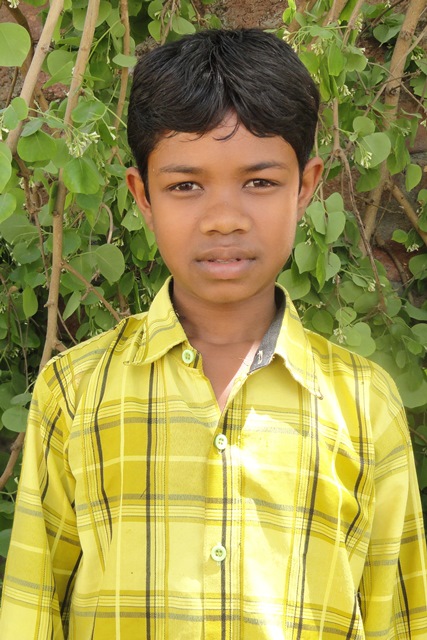
Child Sponsorship Programs Director Kraig Cole recently visited the home where he saw firsthand the difference an education can make in the lives of children like Ravi.
“Through formal education, children can shake the stigma of their family circumstances and integrate with society. They will no longer be categorized by their caste, but evaluated on their character and abilities,” Kraig said when describing the impact education has on a child’s life.
Education offers children greater opportunities.
In today’s world, there are 61 million children without access to education. If these children were able to attend school, they would have a greater opportunity for a life of success instead of one of simple survival. Education provides children with the possibility of brighter futures—opportunities to establish careers and a means to break the cycle of poverty they were born into. We have even seen some of our sponsored children graduate school and come back to help other children in their own communities!
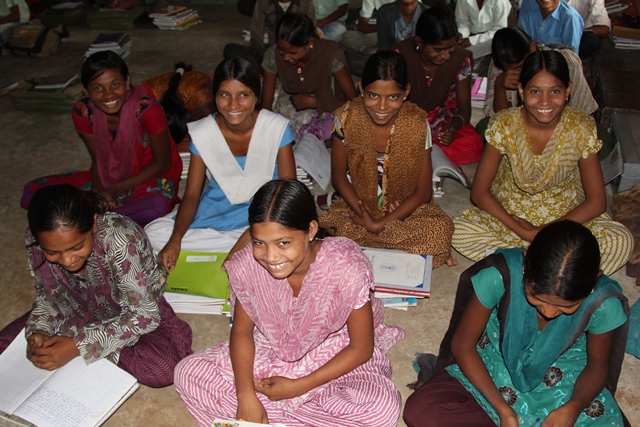
Today, Ravi’s life has been transformed because of the education he receives through Abundant Life Children’s Home. He is earning top grades in school and recently scored a 98 percent on his science exam. He hopes to one day become a teacher in his own village. Schooling has given Ravi big dreams and the means to accomplish them some day.
Education plays an integral role in a child’s life—especially children living in impoverished conditions that usually result in a lack of schooling. For many of us, education is something we take for granted, but for these children living in the developing world, education can literally change their lives.
GIVE THE GIFT OF EDUCATION TODAY >>



